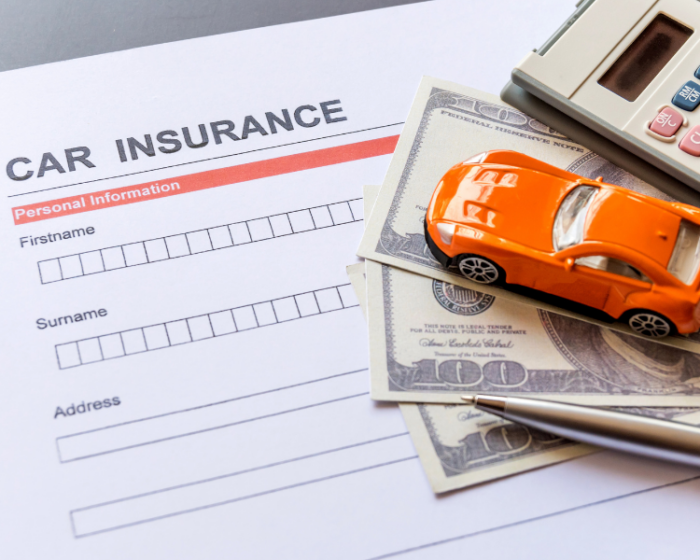As winter approaches, many car owners are busy preparing for colder temperatures, snow, and icy conditions. While most people think of winterizing their vehicles in terms of getting them ready for the harsh weather, one key benefit of winterization that’s often overlooked is its potential impact on your car insurance policy. Properly winterizing your car can help you avoid accidents, reduce the severity of damage, and even lower your insurance premiums.

Preventing Accidents and Claims
Winter weather poses unique challenges for drivers. Snow, ice, and freezing temperatures can lead to dangerous driving conditions, increasing the likelihood of accidents. By taking the time to winterize your car, you’re investing in safety, which can significantly reduce the risk of an accident.
Key aspects of winterizing your car, such as installing winter tires, checking your brakes, and maintaining proper fluid levels, ensure your vehicle performs optimally in slippery conditions. A car that is properly winterized has better traction, shorter braking distances, and greater overall control, which decreases the chances of collisions and damage. Fewer accidents mean fewer claims, which can help keep your insurance premiums lower.
Reducing Repair Costs
Winter can wreak havoc on your car’s engine, transmission, and other critical components. Freezing temperatures can cause the engine oil to thicken, leading to poor lubrication and potential engine failure. Ice and snow can also cause wear and tear on various parts, such as your windshield wipers and battery. By winterizing your car, you are proactively addressing these issues, ensuring that your car is in good condition to withstand the season’s harsh conditions.
By maintaining your car’s health with proper winterization, you can avoid expensive repair costs. If you do experience mechanical failures due to poor winter preparedness, you might be forced to file a claim with your insurance company. Repeated claims can lead to higher premiums over time. Preventing damage through winterization helps you avoid these situations, ultimately saving you money on both repairs and insurance.
Protection Against Weather-Related Damage
In addition to driving risks, winter also exposes your car to various environmental hazards. Road salt, which is commonly used to prevent ice buildup, can accelerate the rusting process on your car’s undercarriage. Ice buildup in your wheel wells can cause damage to your suspension system. Additionally, heavy snow or ice accumulation on your vehicle’s roof can lead to roof damage if not properly cleared.
Many car insurance policies cover weather-related damages, but filing frequent claims for damage caused by poor vehicle maintenance can result in higher rates. Winterizing your car includes steps like washing off salt after snowy days, clearing snow from the roof and around the exhaust pipe, and ensuring your car’s seals and battery are intact. This helps mitigate the risk of weather-related damages, lowering the likelihood of claims.
Winterizing your car isn’t just about ensuring it runs smoothly during the cold months; it also has significant insurance benefits. By preventing accidents, reducing repair costs, and mitigating weather-related damages, you can lower your risk of filing claims and keep your insurance premiums in check. For more information about how you can keep insurance costs low this winter, contact Roadway Auto. Our team is ready to help you save money and protect your vehicle.


